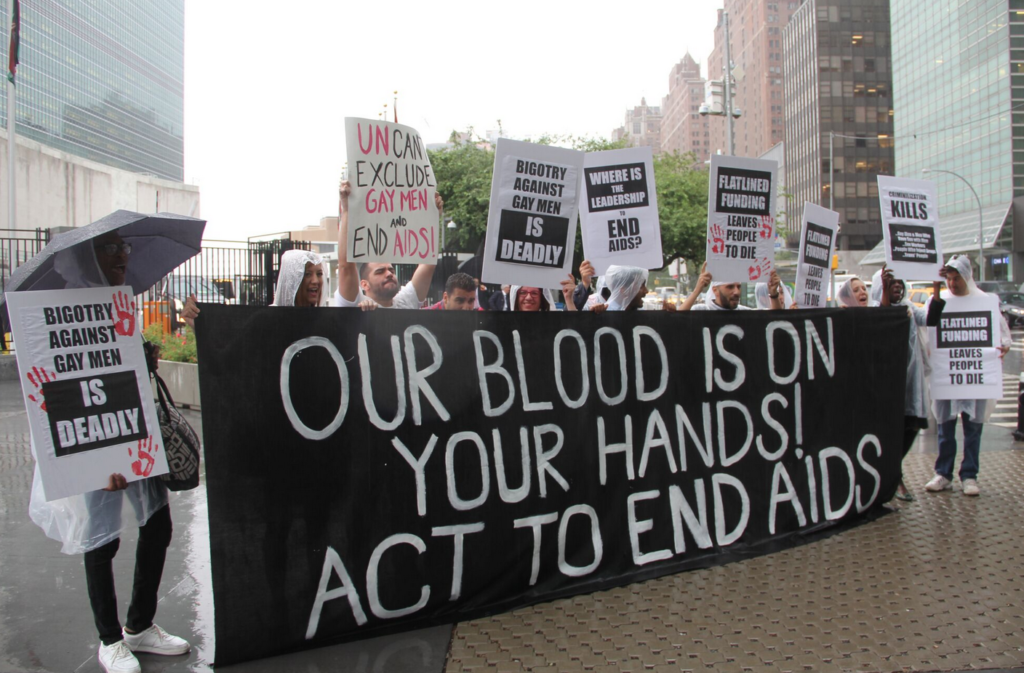Event Date
The Global Network of Sex Work Projects (NSWP) exists to uphold the voice of sex workers globally and connect regional networks advocating for the rights of female, male, and transgender sex workers. NSWP represents 264 sex-worker-led organizations in 79 countries.
Globally, sex workers of all genders face physical, psychological, and sexual violence. Gender-based violence against sex workers has particularly acute repercussions, given that in many countries, sex workers do not have equal protection under the law and therefore are unable to seek due justice. Perpetrators of violence against sex workers are often:
- Members of the general population (including state actors) who pose as clients in order to target sex workers
- People who facilitate sex work and abuse their power—for example, managers, brothel keepers, receptionists, maids, drivers, landlords, and hotels keepers
- State actors, including police and health care providers.
- Anti-sex-work organizations that seek to “rehabilitate” sex workers and work with the police to “raid and rescue” sex workers and their children
Issues faced by sex workers vary from region to region depending on laws and social and cultural contexts. One common issue faced by all sex workers is their vulnerability to and experience of violence.
Violence against sex workers in Kenya drew international attention when Philip Onyancha confessed to murdering 17 sex workers in the town of Thika in 2010. Bar Hostess Empowerment and Support Program (BHESP) led demonstrations to highlight the violence and to demand justice. More recently, the Kenya Sex Workers Alliance drew attention to the murders of sex workers in Nakuru County, while NSWP drew attention to the mass arrest and mandatory testing of Kenyan sex worker in Kisii County in 2015.

Key populations fight erasure during High Level Meetings on Ending AIDS in New York. Photo Credit: MSMGF
Transgender Europe (TGEU) tracks violence against transgender people in Europe. According to TGEU a majority of the transgender people murdered in Europe in 2016 were sex workers. This year, NSWP highlighted the high levels of violence faced by transgender sex workers in Turkey. NSWP called for urgent action to uphold the human rights of male, female, and transgender sex workers in their country. However, transgender sex workers in Turkey still face on-going violence with little or no protection from the law. On 12 August 2016, Hande Kader was murdered, which drew international attention to the extreme violence faced by transgender people in Turkey.
Sex workers also experience stigma and discrimination when their voices are disregarded or when they are silenced as they speak about the realities of their lives to the media, programmers, and policymakers. People often assume to know what is in the best interests of sex workers, without meaningfully consulting sex workers themselves. When sex workers are silenced or disregarded in the development of policies and programmes that directly affect their lives, it leads to policies and practices that are harmful to sex workers and is a form of violence against marginalized populations. For example, this year at the United Nations High Level Meeting on Ending AIDS, member states adopted a political declaration that did not meaningfully include key populations, including sex workers, men who have sex with men, transgender people, LGBT people, and people in prisons. NSWP wrote a joint statement documenting the devastating effects of this exclusion.
NSWP calls on those who fight gender-based violence to support the global sex workers movement on the 17 December, the International Day to End Violence Against Sex Workers.
